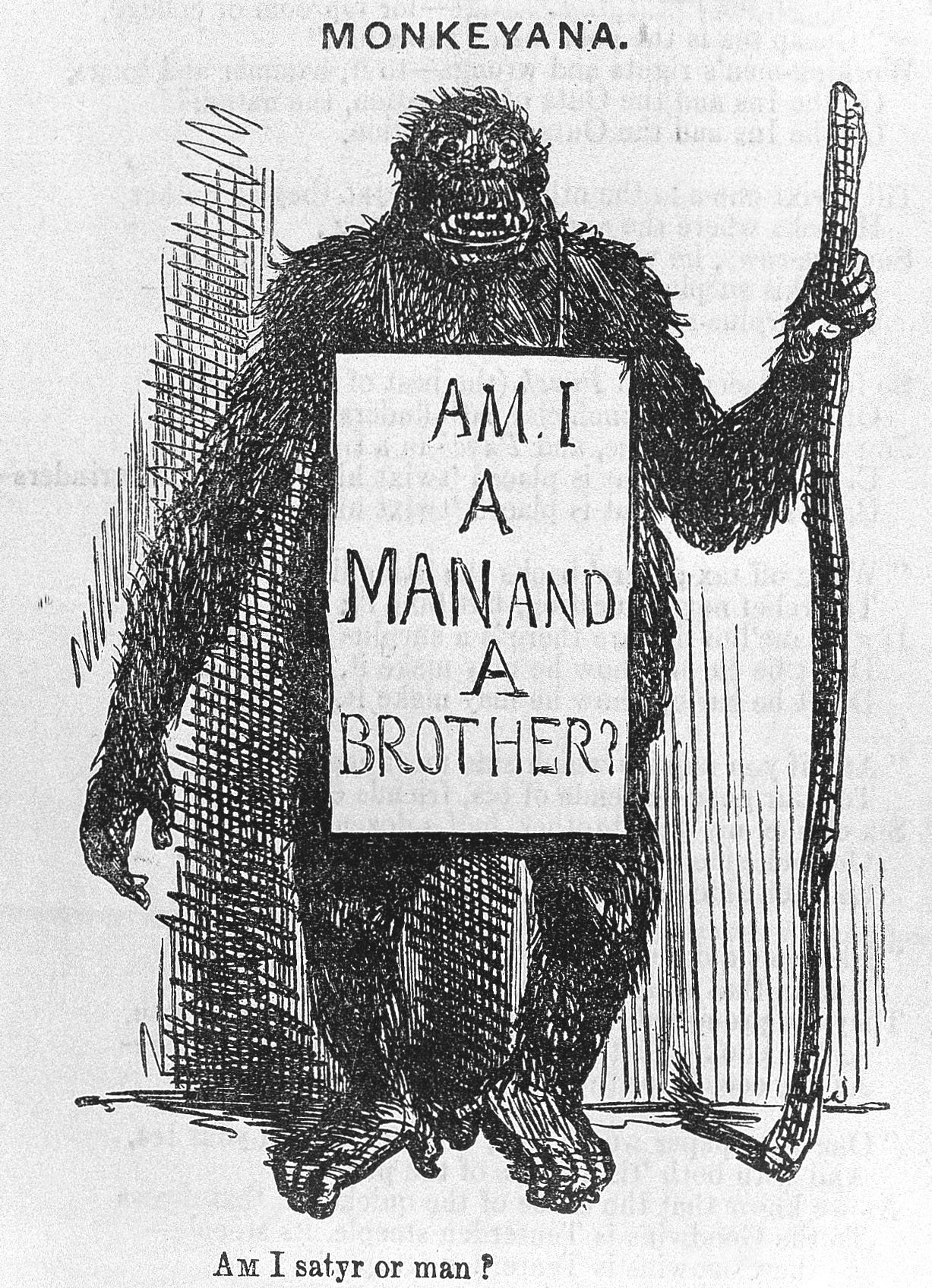Book Club 1.3 - Inner Work by Robert Johnson
Haunted by dream gorillas
Next week we will be reading as far as “Active Imagination” on p.135.
This week’s reading covers Steps 2 and 3 of Dream Work. These chapters were about finding the connections between dream symbols and day life and then about finding an interpretation.
The following review talks about 1. my recurrent rediscovery of the value of dreams, 2. what I learned about dreamwork from this week’s readings and 3. a dream constellated by this week’s reading which only in the course of writing this review I figured out and why it scares me.
the value of dreams
I keep forgetting about dreams. There is a story in The Book of Mormon that I love — a vision of the Tree of Life. In that vision, there is a group of people, the Tree of Life and an iron rod running between the two. A great fog descends obscuring all sight of the tree. Those who stick to the iron rod can find the way to the tree; those who stray from it lose themselves in the fog. In the context of Mormonism the iron rod is obviously the teachings of the Bible/Book of Mormon. For me, it is dreams. But I keep forgetting. Once again my dreams reminded me and this week’s reading drilled it home.
Whereas last week’s reading failed to inspire me, this week’s landed hard. With the associations mapped out, we begin to delve into the dynamics and so we get to the real meat of the dreamwork — finding the meeting point between the inner life and the outer life. There was nothing particularly new to me in here but it filled me with inspiration all the same.
Dreams are a mystery. The more I read about them the more questions I seem to have. Freud thought that dreams were hiding their true meaning from us. Neuroscience sees them as tidying up the mind — organising our memories for long-term storage and discarding what’s unnecessary. For Jung, dreams are so much more. Their nature is not obscurantism; rather, symbolism is the lingua franca of the unconscious. Dreams draw us towards individuation — our “individual journeys toward wholeness” as Johnson puts it (p.66). They also play the role of compensation in the psyche — balancing out our conscious dispositions. But I have my own take. I don’t believe in a numinous God-like Self in the psyche. I feel Jung’s connections to the Victorian Occult Revival and Theosophical fascinations of the late 19th century. And so I begin to question the all-too-historical (Perennial Philosophy-esque) nature of the Jung’s theory of the psyche.
And so: baby and bathwater. I find I have work to do. Once again I find myself asking: what are dreams? Every time I interpret a dream and I find its undeniable connection with the happenings of my life I am mindblown all over again. Whatever my doubts about theory I keep bumping into something that works. I still don’t feel I understand this mystery and I don’t think Jung or the Jungians do either but still I find no approach more fertile than the Jungian. It is the most accurate in my experience but I am not satisfied entirely with it. And so there’s something of an adventure here. There are mysteries of dreams and the psyche that are yet to be uncovered. The phenomenology of dreams is still an immature science.
I keep finding connections between the bizarre symbols and disjointed narratives of my dreaming life and my mundane waking life. It never ceases to surprise me. I am in awe of this alien language. Are symbols a language?



